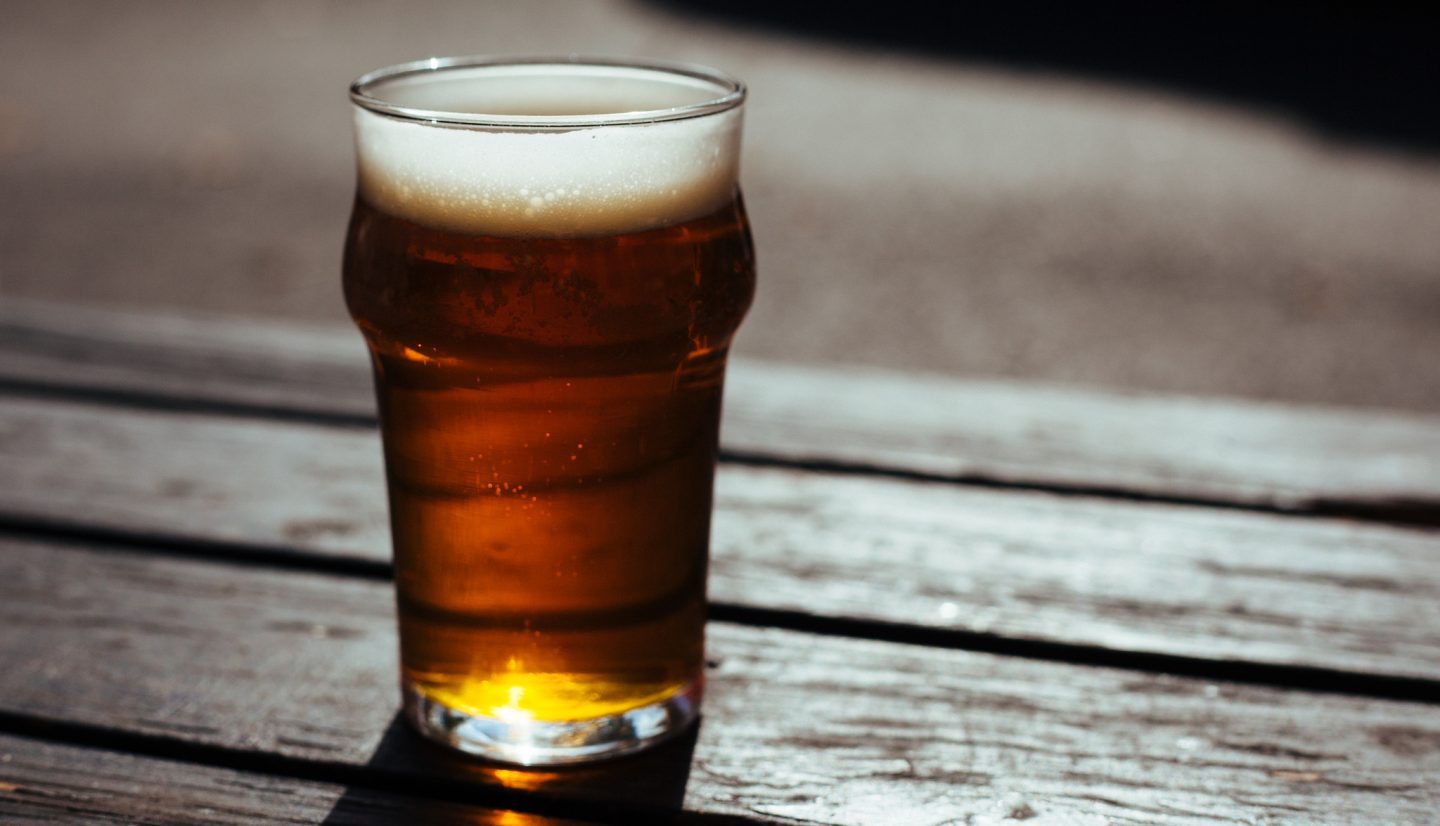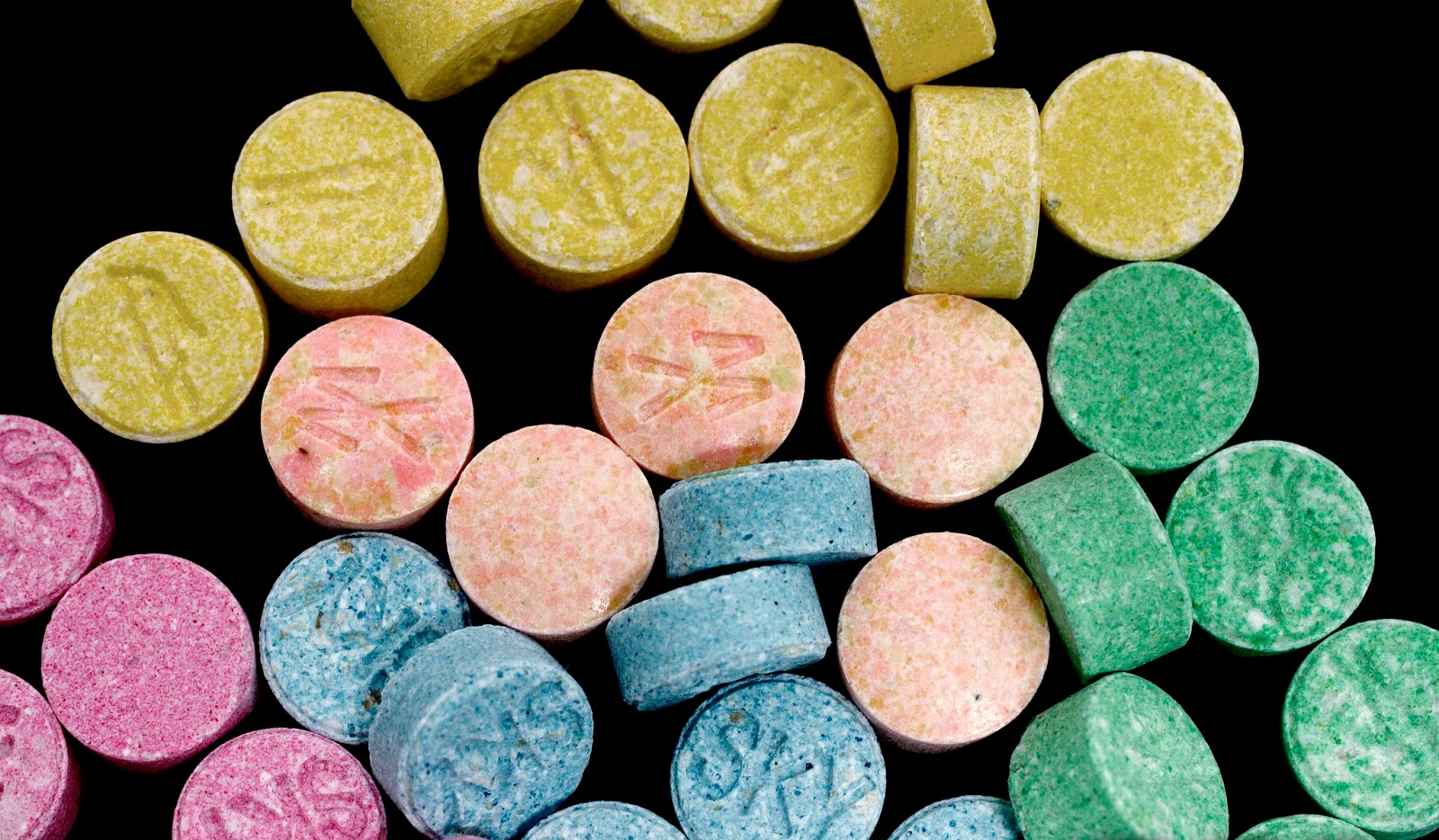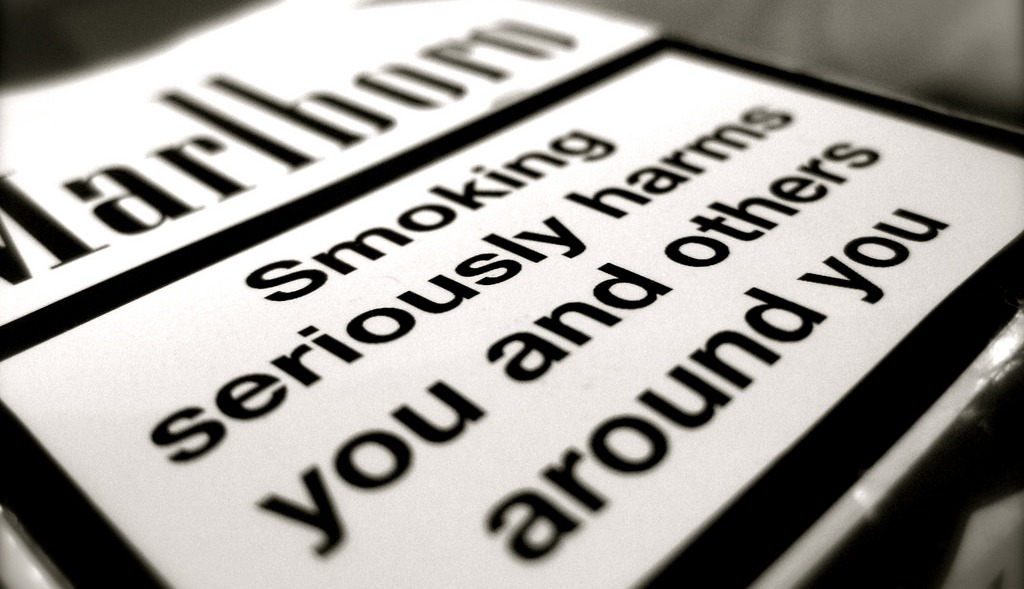Why the Term ‘Drug’ is Difficult to Clearly Define
‘Drugs’, much like ‘religion’, evade a precise definition. There are standard, dictionary definitions of the term ‘drug’, either a substance (other than food) that influences motor, sensory, cognitive, or other bodily processes, or a substance that is used in the treatment, cure, prevention, or diagnosis of disease. Drugs are generally understood to be either psychoactive…
View Post



